Unit 5
1/39
There's no tags or description
Looks like no tags are added yet.
Name | Mastery | Learn | Test | Matching | Spaced | Call with Kai |
|---|
No analytics yet
Send a link to your students to track their progress
40 Terms
Tropical climate
Hot year-round
heavy rainfall
🍌🍍🥭🍫 ☕
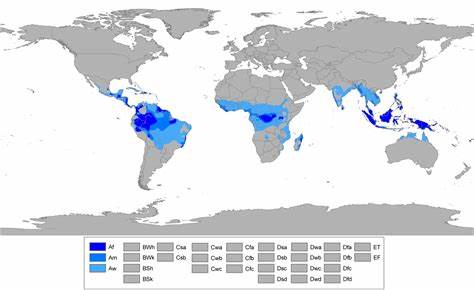
Mediterranean climate
dry summers
mild, wet winters
🫒🍇🍈🍊 🌰🍅
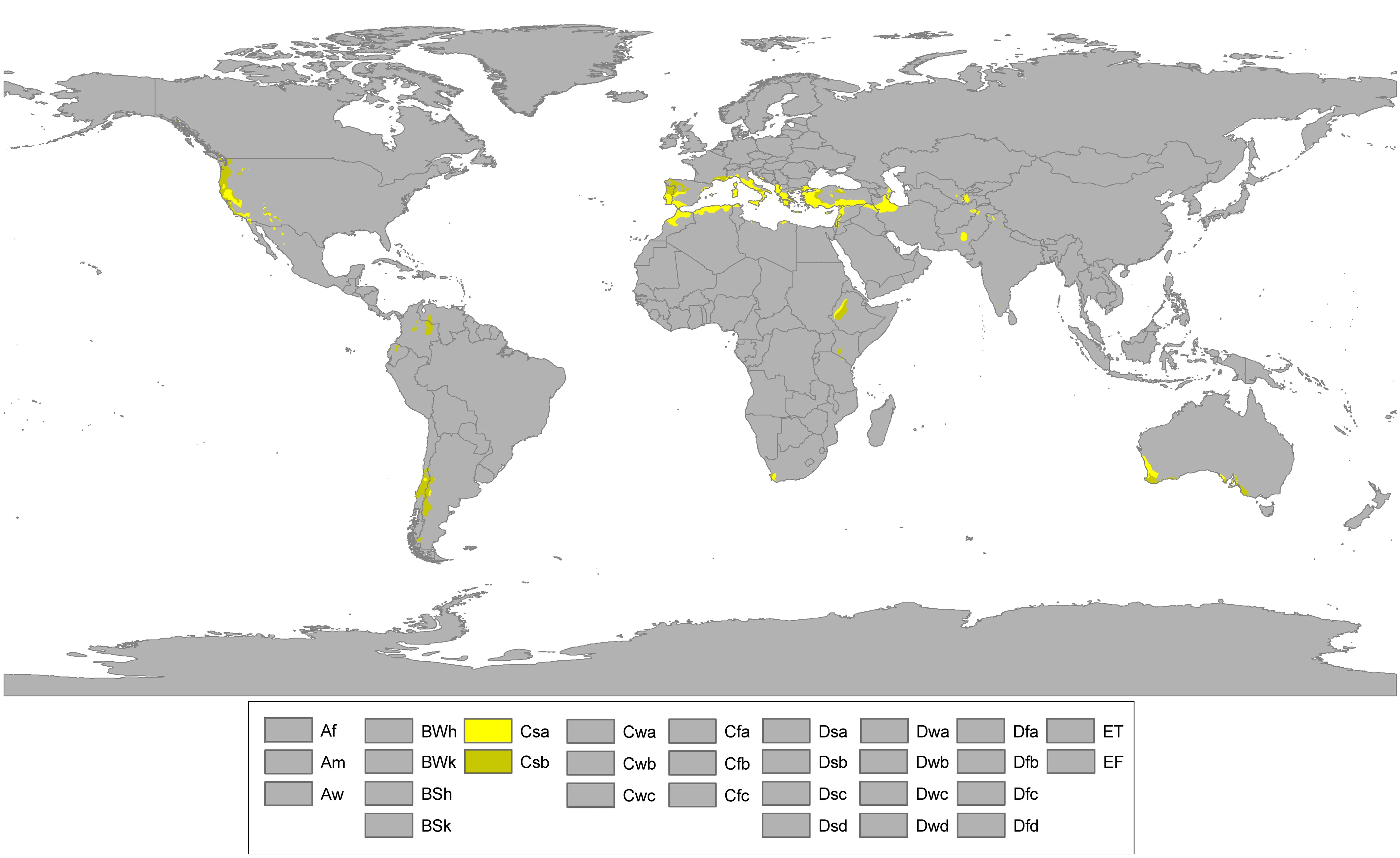
Market gardening
a type of farming that produces fruits, vegetables, and flowers
typically serves a specific market or urban area
driven by the likeliness to spoil
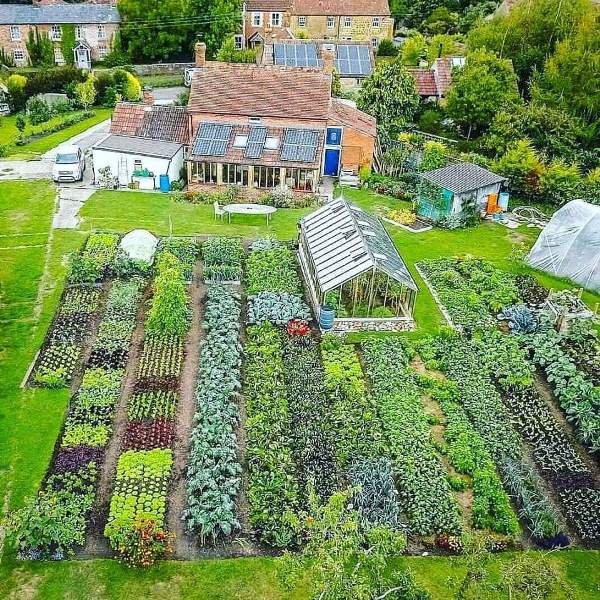
3 types of intensive farming
market gardening
plantation
mixed crop/livestock
plantation agriculture
large-scale farming of a single crop
more in developing countries (so many labor)
metes and bounds
establishes boundaries according to natural features
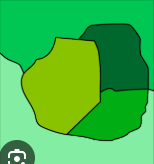
township and range
divides land into equal size
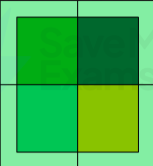
long lot
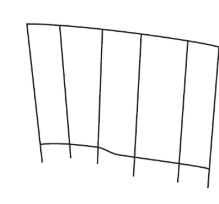
agricultural revolution
hunting → sedentary agricultural societies
first agricultural revolution
humans stopped chasing food
settled into one place to grow food
shift from foraging for food to farming
fertile crescent
wheat🌾🌾
barley
oats 🥣
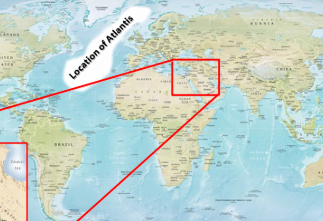
Where did crops diffuse through from fertile crescent
Middle east Europe
parts of Africa
Where did crops diffuse through from Sub-saharan africa
Southern Africa
Where did crops diffuse through from central america
North and South America
Where did crops diffuse through from east asia
Japan and Korea
Where did crops diffuse through from southeast asia
East india
Indus River Valley
South Asia
wheat🌾🌾
barley
peas🫛🫛
cattle🐮🐮🐮🐮
camels🐫🐫🐫🐫
buffalo🦬🦬🦬🦬
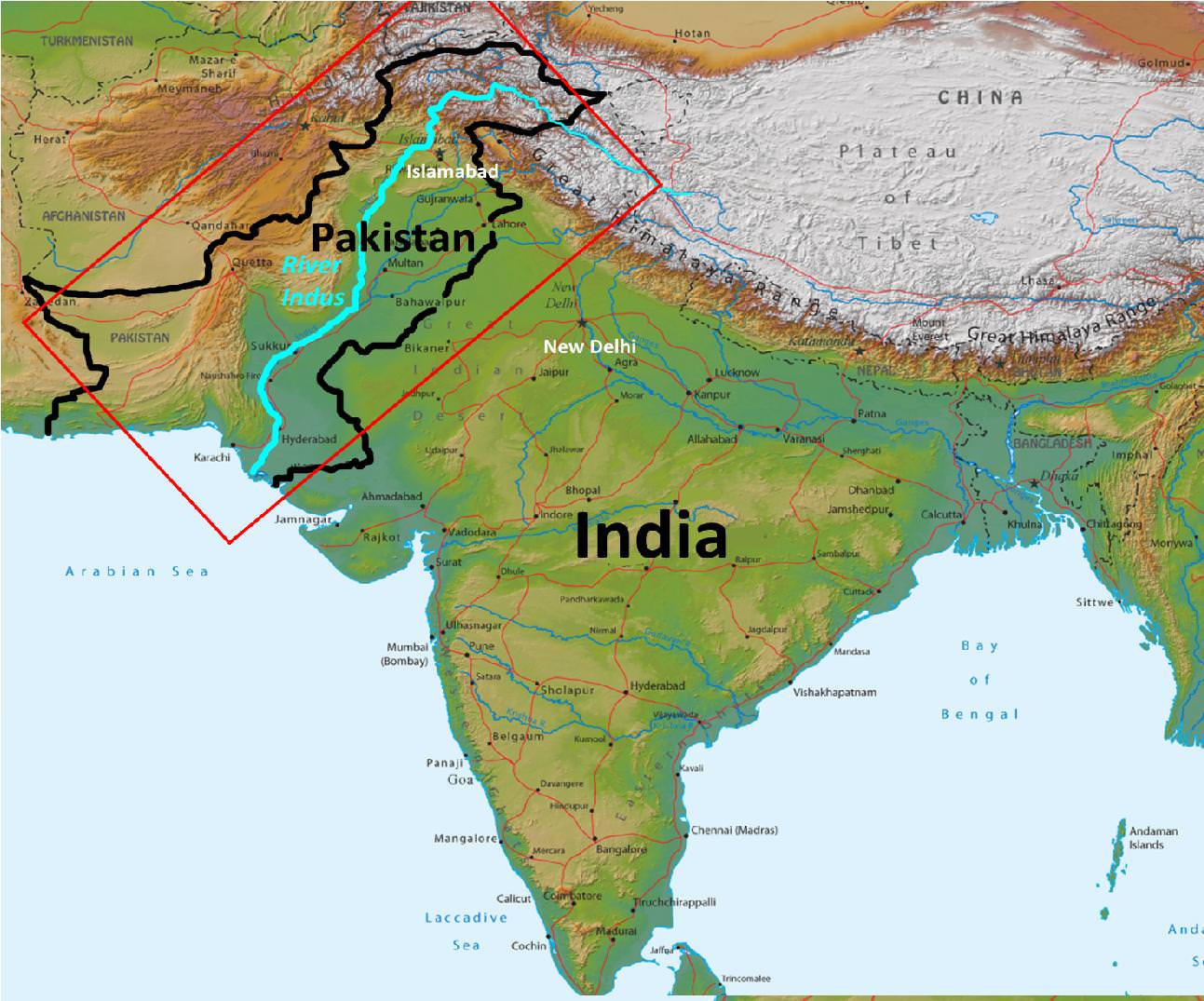
Southeast Asia (agricultural hearth)
mangoes 🥭🥭
coconut 🥥🥥
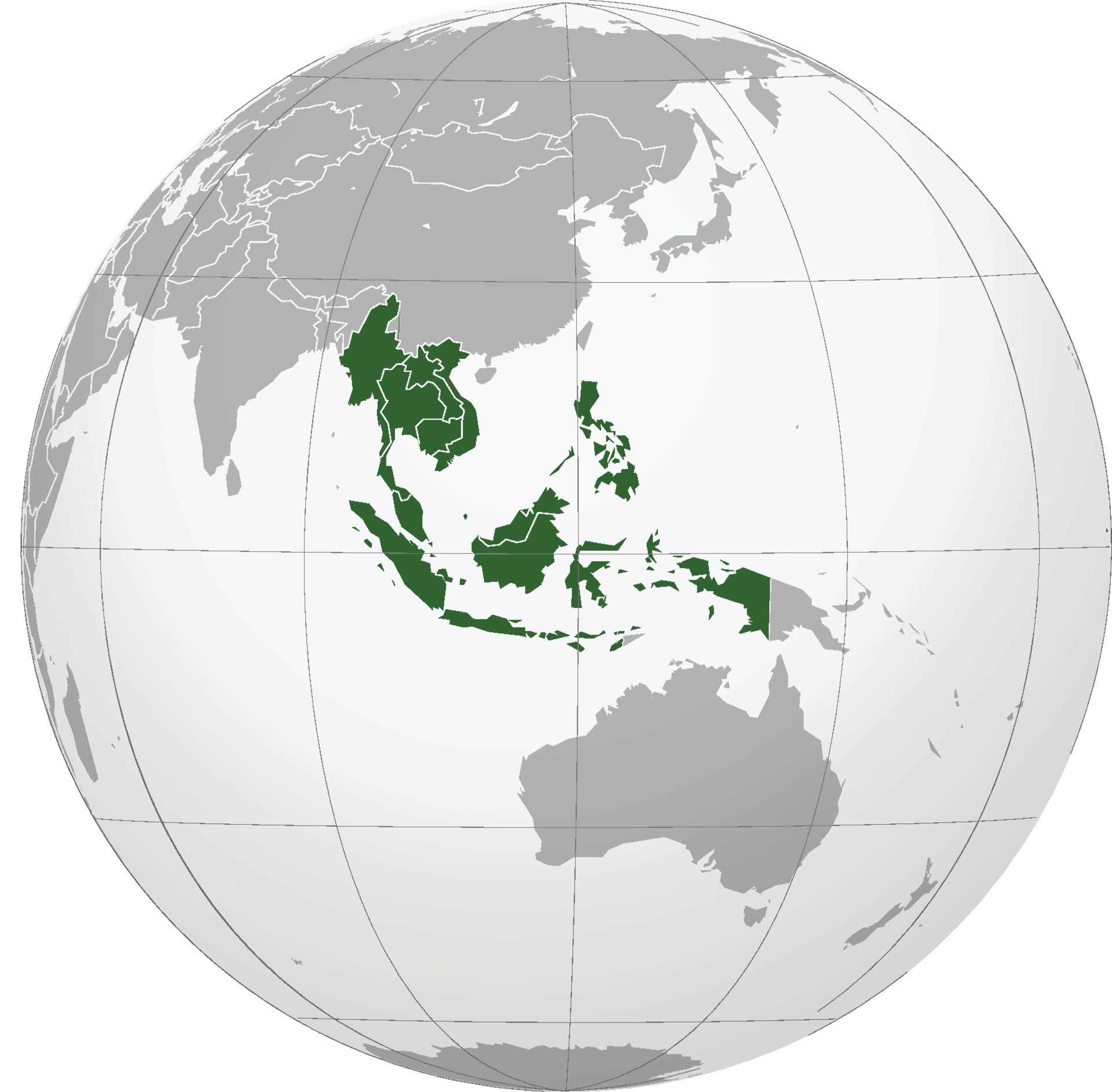
Central America (agricultural hearth)
maize🌽🌽
potatoes 🥔🥔
squash 🎃🎃
peppers 🌶🌶
East Asia (agricultural hearth)
rice 🍚🍚
soybean 🫛
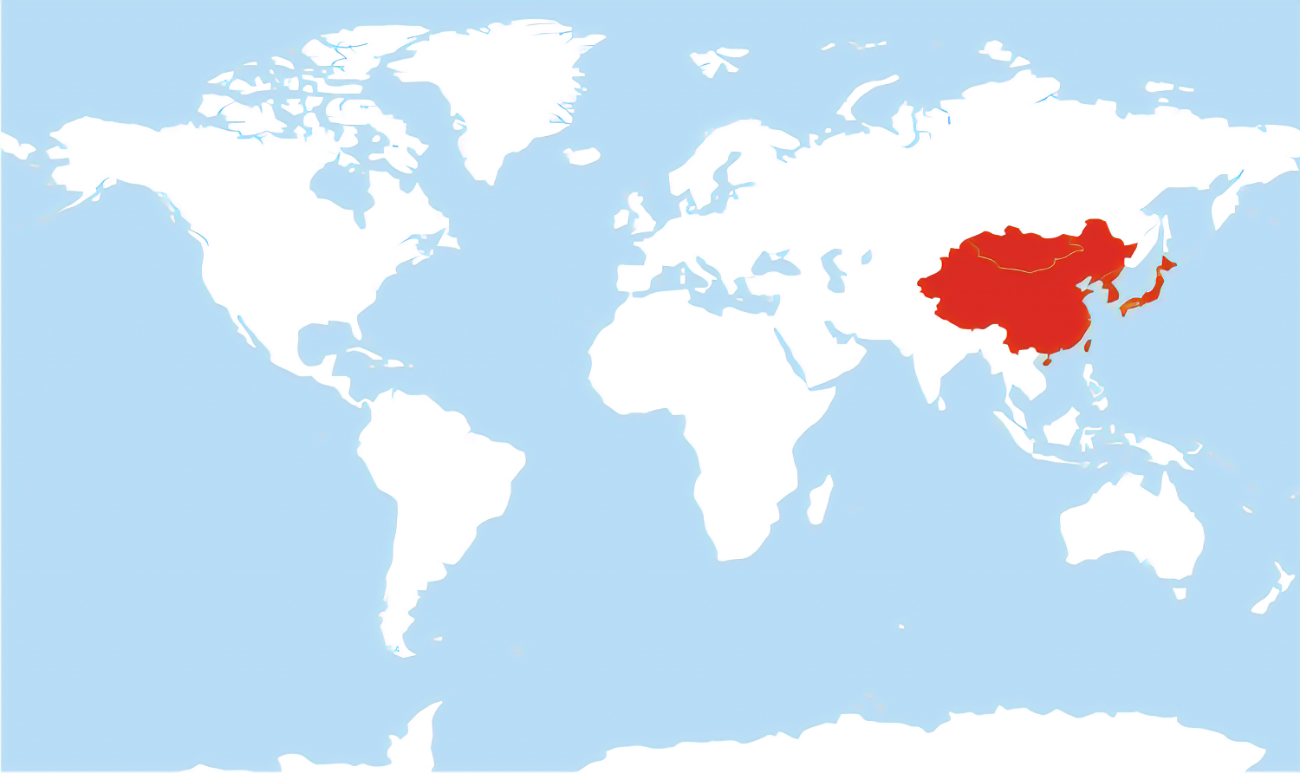
Second Agricultural Hearth
mechanical technology increased crop uields
made harvest efficient
led to population growth
seed drill
plants seeds evenly and at a certain depth in rows.
stopped farmers from planting seeds by hand
mechanical reaper
cuts & bundles crops
farmers stopped cutting crops by hand
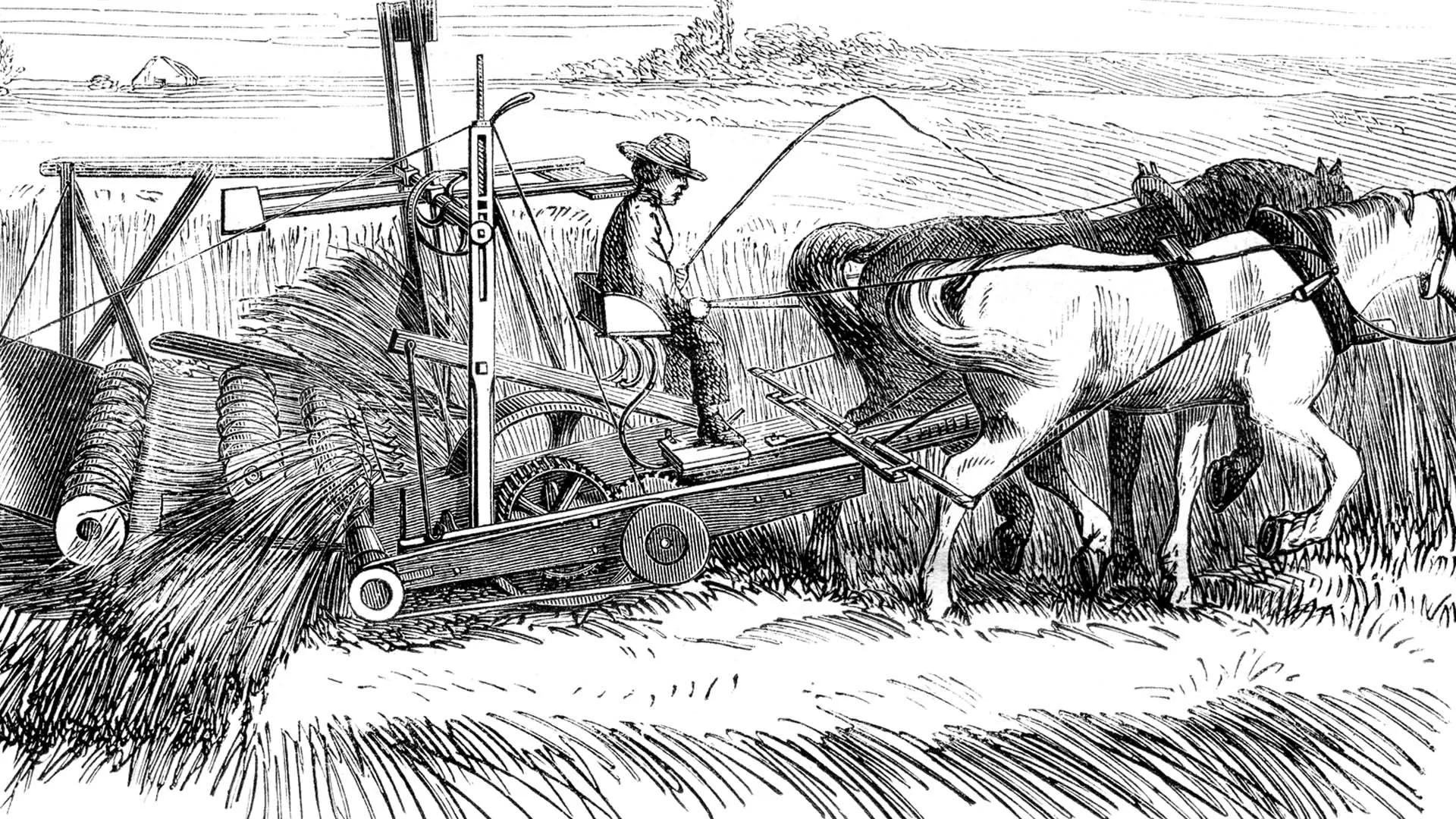
steel plow
cuts through tough soil
made it possible to cultivate more land to grow more crops
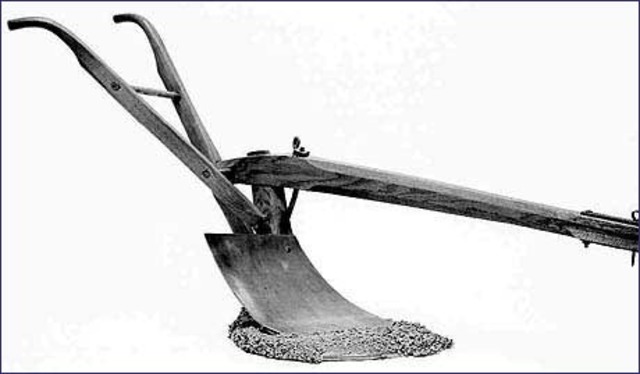
effects of 2nd agricultural revolution
longer life expectancy (more food → more babies)
demographic shift (more machines → less workers needed → goes to factories for jobs)
green revolution
science into agriculture (synthetic fertilizer, chemical pesticides)
occurred in U.S and hierarchically diffused to countries with subsistence farming
disadvantages of green revolution
environmental consequences (double cropping, chemicals)
exclusion of women
economic consequences
how does green revolution lead to economic consequences
new seeds owned and sold by large agribusinesses have its own pesticides that works only for their seeds which forces them to buy from them
Von Thunen Model 2nd ring
Intensive farming & dairy (goes bad quickly)
Von Thunen Model 3rd ring
Forests & Timbers (expensive for heavy transportation)
Von Thunen Model 4th ring
grains cereal crops
Von Thunen Model 5th ring
Ranching, Livestock
Limitations of Von Thunen Model
All have access to one market
Market has no outside influence
Flat & no physical features
Only Ox pulling cart is transportation
Bid rent theory
further a central business district is → lowers the demand & price of land
Soil Salinization
dry temperature evaporates water → leaves salt in land and strips soil fertility
When did Southwest Asia (fertile crescent) hearth diffused
10,000-12,000 yeara ago
When did Southeast Asia hearth diffused
10,000 years ago
When did East asia heart diffused
9,500 years ago
When did Sub-saharan africa diffuse
7,000 years ago
When did mesoamerican hearth diffuse
5,500 years ago